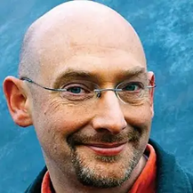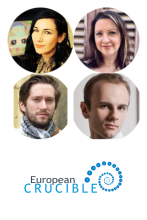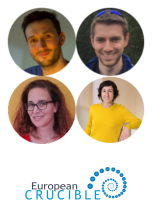
 The primary objective of European Crucible is to create and develop a pan-European network of future research leaders who have enhanced knowledge, contacts and capacities to collaborate more effectively with wider impact
The primary objective of European Crucible is to create and develop a pan-European network of future research leaders who have enhanced knowledge, contacts and capacities to collaborate more effectively with wider impact
Listen to broadcaster, Quentin Cooper, as he interviews team members from seven pilot projects that received seed funding and learn how their multidisciplinary research activities were initiated and enabled through their participation in European Crucible. Projects address medical, health, environmental, social, legal and technological challenges. Plus, hear three more interviews with Alumni from the earlier Scottish Crucible programme as they reflect on the impact of participation on their multidisciplinary research and career success.
SUPA had responsibility, on behalf of all Scottish Research Pools, for the administration and delivery of the European Crucible grant from Scottish Funding Council / Scottish Government.










 Podcast feed
Podcast feed

 Open in plink
Open in plink